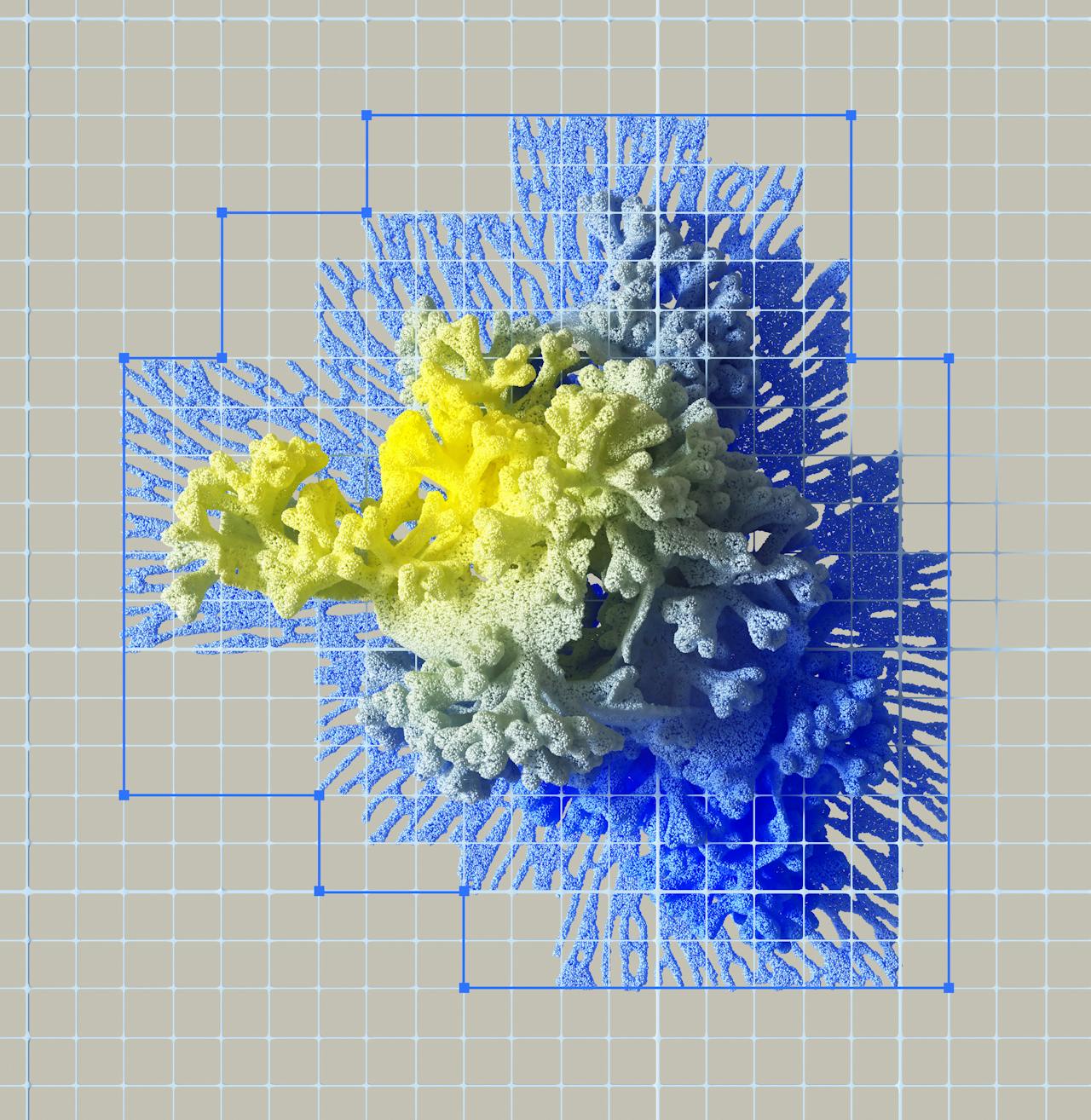Materiom today announced the launch of Materiom AI — a generative AI chatbot that assists users with discovery of biopolymers, ingredients, and additives for bio-based material development. Materiom AI is powered by Google’s Gemini, and is now available in beta on the Materiom Commons.
“We are delighted to share with our users the first in a series of AI-powered tools we’re developing to accelerate bio-based materials R&D,” said Jan Botha, Chief Technology Officer at Materiom.
This chatbot is focused on speeding up the very first phase of novel bio-based materials innovation —“materials discovery” — by providing information and directional insights on:
- Bio-based ingredients, including natural polymers, additives and solvents, as well as the biomass feedstocks they are sourced from.
- Sourcing and processing methods for bio-based ingredients
- Ingredients commonly paired together and the potential performance gains from different ingredient combinations
- Biodegradation potential of ingredients
“We know that for materials researchers and developers, finding the right ingredients, additives and combinations can be a long and arduous process, repeated again and again with changing performance demands. It typically involves scattered and/or patchy data, time-consuming literature reviews and many iterative tests,” said Liz Corbin, Co-CEO of Materiom.
“With Materiom AI, we want to remove some of that friction by providing insights quickly and accurately as a seamless part of the Commons experience.”
The chatbot is accessible via the Materiom Commons, an open-access database and community platform supporting bio-based materials innovation. In tandem with AI-powered guidance, Commons members can explore an extensive open database of renewable alternatives to plastics, profile bio-based materials they have created, map and analyse materials according to their performance properties, and find potential collaborators in a global user directory of over 18,000 users.
Which bio-based ingredients can be sourced from waste streams? How can I extract pectin from fruit peels? What can be added to chitin to improve its water barrier properties? Depending on the nature of the question, Materiom AI will retrieve relevant scientific literature and extract referenced insights to formulate a response.
“In addition to providing directional guidance, it’s essentially a portal to 30 million open-access scientific documents,” said Botha.
Try Materiom AI (beta) here. Registration is free.




